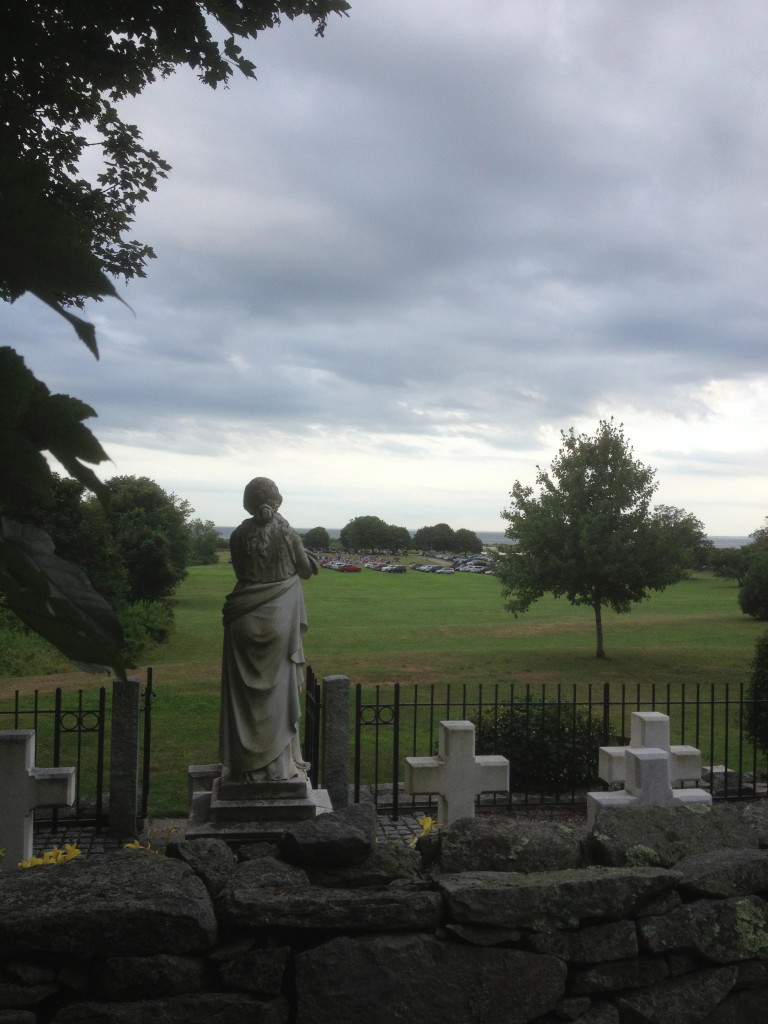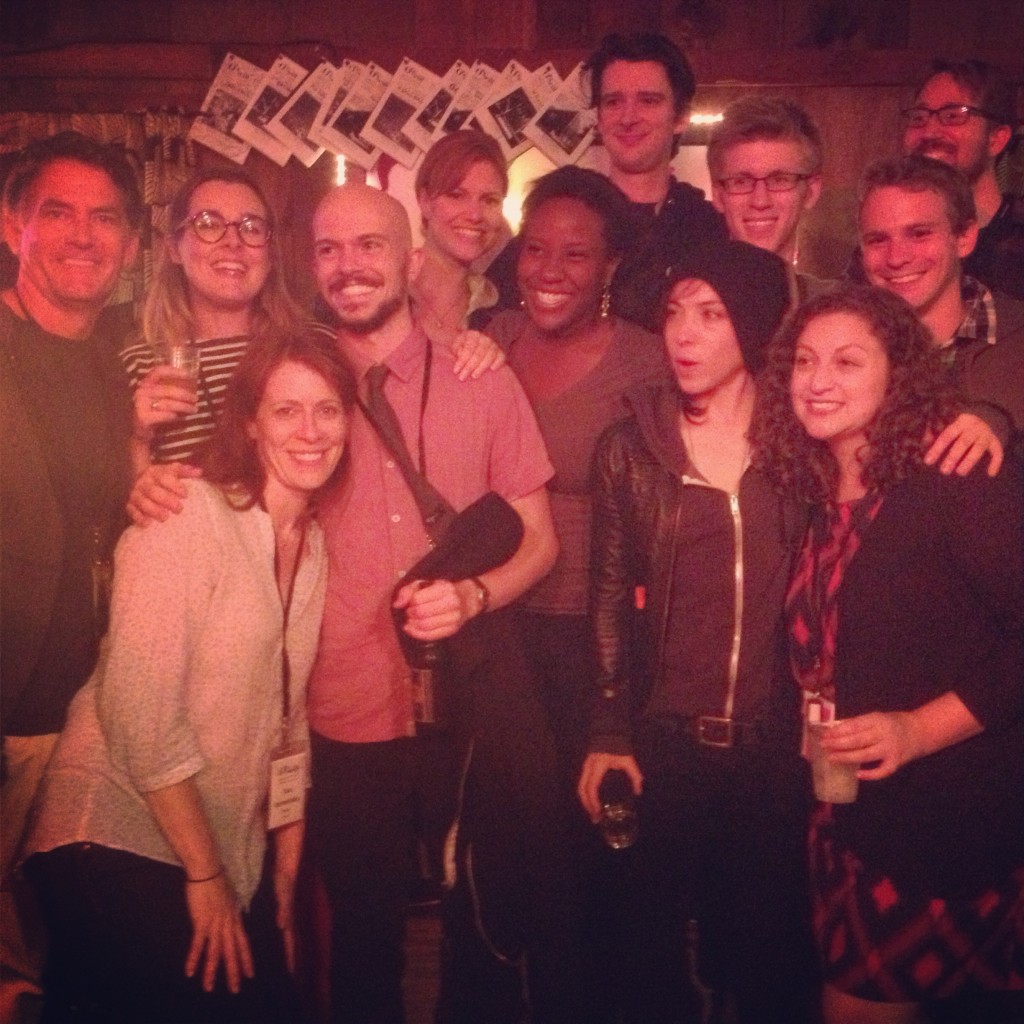A week at the O’Neill
I just spent a week workshopping Michael Yates Crowley’s play Evanston: A Rare Comedy, at the National Playwrights Conference in the Eugene O’Neill Theater Center in New London Connecticut. It was a such a pleasure to spend an entire week in a room working with a playwright, actors, designers and a crack team of dramaturges and assistants. It is an idyllic location, located right on the ocean. The beach provides both an escape from the pressures of a rehearsal room and is the location of many late-night bonfires.

It was such a remarkable experience, and I felt that that the NPC really fostered a collaborative culture that focused on the work, and more importantly gave the writers the agency and the resources to truly hear and develop their plays. Too often, I have attended or participated in readings that do not actually allow a writer to develop a play–instead a hurried reading is staged in one afternoon, and then the playwright is forced to sit through notes from a dramaturge and director. Here, the playwright was really in charge of process, which began with a conversation about his design ideas, and then went straight to several days of rehearsal which allowed us to try out several approaches to the play, and resulted in almost daily re-writes. I was able to work with the actors present interpretations to Michael which helped him understand which parts of script simply needed some work with the actors to clarify, and which required rewrites. Furthermore, there is a truly impressive (and tireless) literary office that constantly tracks script changes and updates the entire team’s scripts with terrifying precision. The process culminates in a staged reading that is open to the public. The reading is given a certain amount of design help–my reading had a minimal set constructed out of rehearsal cubes, a couple broad lighting choices and a couple helpful sound cues, as well as a simple blocking that conveyed spatial relationships, and gave sense of place and location change (which is vitally important when doing a play about a city)….I tried to create a staging that gave just enough information to help continue the story, and also helped preserve the “reading” aspect of the production. I will say that when I started staging on Monday, I was bit over-ambitious and after the dinner break, I decided to dramatically scale back my blocking choices. The culmination of the week resulted in a production that wasn’t really designed to entertain an audience, (though that certainly did happen) but it was a production that allowed the playwright to hear and see the play with an audience, and learn which parts of the script needed to be revised.
On the train back to New York, I happily spent time reflecting on the experience. It seemed so incredibly valuable to the playwright. And it provided a much needed place to play for actors, and designers that allowed them to escape the pressures of a production in NYC. I wish that more institutions could devote the resources to hosting and creating similar opportunities for new play development like the O’Neill. Or at least, that more theatrical institutions approached the process of new play development in a more holistic fashion, where they recognized the valuable contributions of a director, actors and designers, and encouraged collaborative teams to develop work on a play, rather than isolating scripts and only throwing together directors and actors for a very short process. It seems strange to me that we tend to isolate writers by giving them opportunities “to develop their plays” but only in a vacuum, where the contributions that a director or actor are minimized. I often feel that scripts are approached in stage readings as “problems that must be fixed” by literary managers and directors, rather than vehicles for artistic exploration. Perhaps if we can change the terms of artistic collaboration, we can begin to move towards a model of play development that increases artist’s contributions and ultimately engages and employs more artists.
Here’s the happy team after our last performance.

